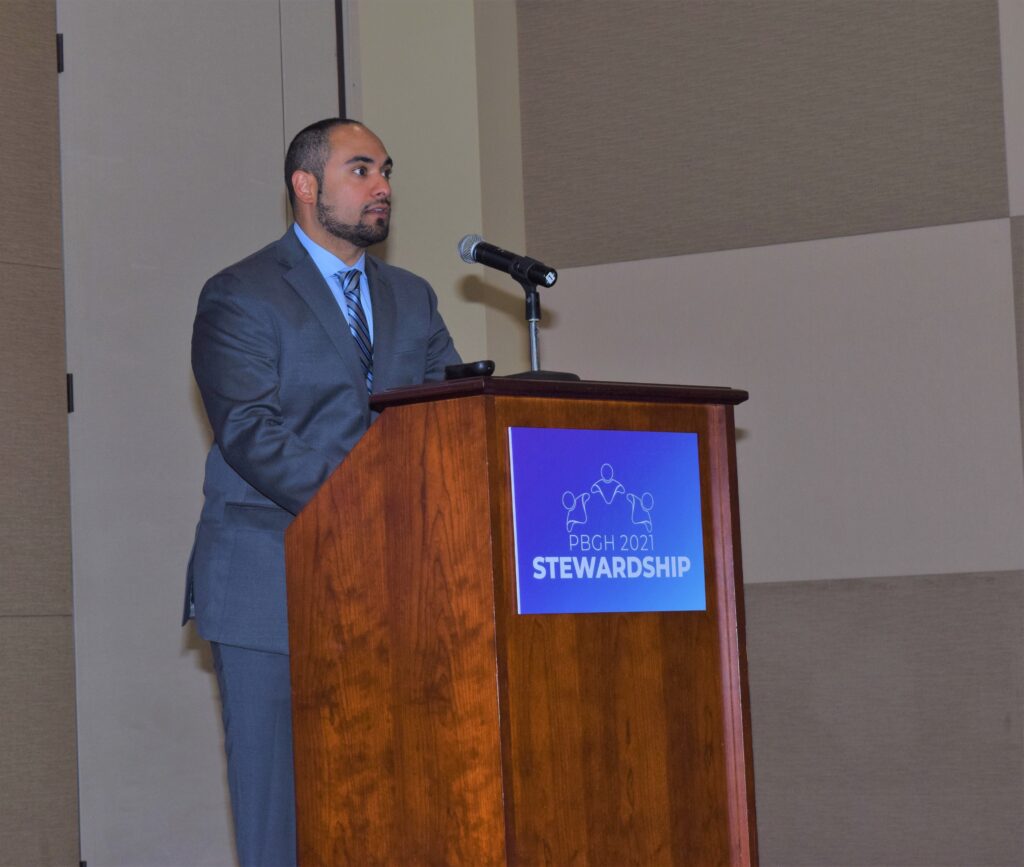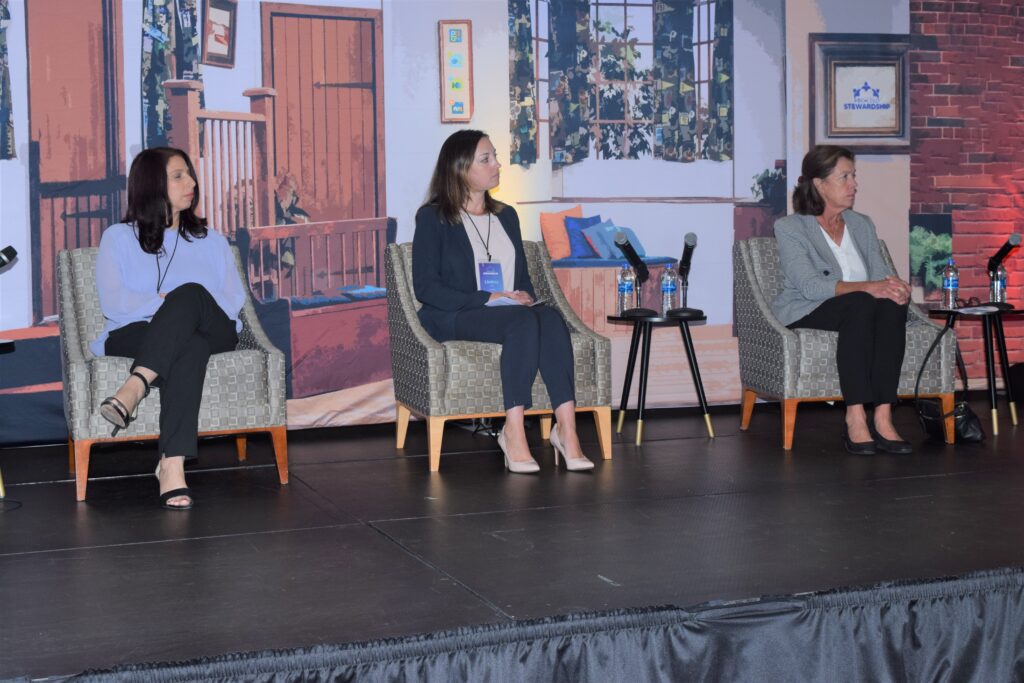
Life is stressful. Add a pandemic, job loss, food insufficiency, debt collectors, and illness and that stress is magnified. Prior to 2020 routine stress created through work obligations, long hours, and family responsibilities contributed to serious health problems including elevated risk for heart disease and stroke.
With two out of three employees reporting that work is a significant source of stress, it was essential to add a panel to the Health Care & Benefits Symposium focused on Behavioral Health Solutions to Build a Resilient Workforce. Moderated by Dr. Mohannad Kusti, medical director of the Pittsburgh Business Group on Health and joined by Dr. Suzette Glasner, vice president of clinical affairs at Quit Genius, Dr. Maureen Cooney, president of the American Society for Pain Management, and Dr. Lindsay Sears, vice president of outcomes research at One Drop, this much anticipated discussion offered ideas which could be implemented in all workplace settings.

Stress is often a pathway to anxiety and depression. As employees continue to face insecurities it is directly impacting their productivity and well-being on the job. With heightened levels of behavioral health issues, it is evident that basic employee benefits will no longer meet today’s employee health needs. In addition to the medical, dental, and vision packages the need for behavioral health coverage is evident.
But outside of benefits, building a resilient workforce is also a necessity. Support from the top down will ensure preparing employees for the future. Key interventions include holding open conversations with employees so that leadership can understand the challenges and needs of their personnel. As an added layer to mental health care, employers should consider creating health and wellness committees to coordinate support through community behavioral health resources, scheduling presentations by mental health experts addressing identifying stressors and coping mechanisms, holding team building exercises within and outside of the workplace, and reviewing all programs to evaluate their effectiveness and adjusting them as necessary.
Incorporating employee feedback through surveys, along with trainings, offering challenging work, and teaching problem-solving capabilities will support an employer’s commitment to building a resilient workforce.
Post a Comment